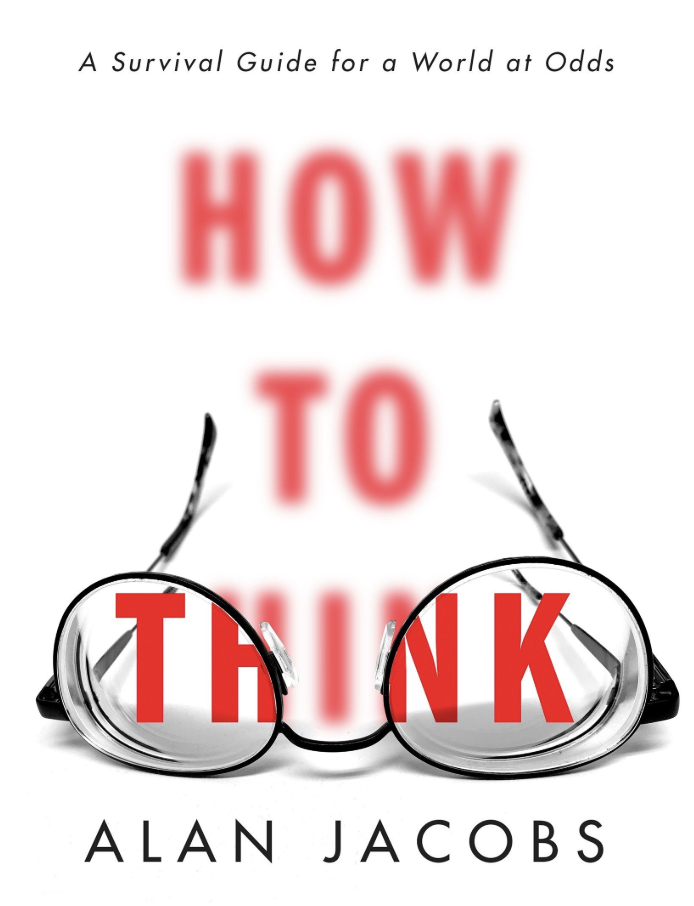In this chapter, Alan Jacobs uses a David Foster Wallace book review to tout the two most significant traits of good thinking: rigor and humility.

Wallace’s review demonstrates a person thinking well as review that he is good precisely because it upholds the Democratic Spirit (yes, with capital letters as a kind of tongue in cheek joke). The book Wallace examines is about language usage, and Wallace finds it refreshing that the book’s author, Bryan Garner, is able to offer expert advice without being preachy. In short, Garner manages to write with the authority of a lawyer or doctor rather than a dictator or preacher. This means that Garner meshes rigor (clear answers with solid reasons on all sort of usage questions) with humility (clear explanations that resist the urge to demean, belittle, or assume his position is automatically the correct one).
Once again, Jacobs preaches temperance. We cannot possibly maintain a constant Democratic Spirit about us at every conceivable moment. Instead, we must make a concerted effort to admit where we’ve erred, show a willingness to learn from mistakes, and demonstrate a willingness to believe our opponents might benefit from the extension of that Spirit. This is easier said than done. It’s when reading books like Garner’s, or reviews like Wallace’s, or books like Jacobs’s that we can best see this kind of rigorous and humble thinking in action.
